International Cooperation of Money Laundering
Money laundering is a global issue that affects economies, financial institutions, and governments worldwide. Criminals use money laundering to hide the origins of illegally obtained funds, making it appear legitimate. To combat this, international cooperation, alongside Know Your Customer (KYC) and Anti-Money Laundering (AML) practices, plays a crucial role.
What Is Money Laundering?
Money laundering is the process of disguising the origins of illicit money obtained from crimes like drug trafficking, fraud, or corruption. The goal is to make these funds appear clean and legal. The process involves three stages:
- Placement: Introducing illegal money into the financial system.
- Layering: Concealing the source of funds through complex transactions.
- Integration: Reintroducing the money into the legitimate economy.
AML KYC – Complete Course
The AML KYC Complete Course offers over 30 live, interactive sessions that thoroughly cover the entire KYC AML syllabus, following the latest exam pattern. It includes 150+ multiple-choice questions (MCQs) and case studies to help you focus on key topics. You will also get downloadable PDF notes for easy learning and quick revision. The course provides a combination of live classes, recorded lectures, and PDF notes. For your convenience, live sessions are held during non-banking hours, either early in the morning or late in the evening. Additionally, you can access recorded lectures and PDF notes 24/7, allowing you to learn anytime and anywhere. Click the link below to check all the details regarding the AML KYC course.
Importance of International Cooperation in Fighting Money Laundering
Since money laundering often involves cross-border transactions, no single country can effectively tackle it alone. International cooperation helps:
- Strengthen Legal Frameworks: Countries share expertise to develop robust anti-money laundering laws.
- Track Cross-Border Transactions: Criminals often move money across borders to avoid detection. Collaboration between nations ensures better monitoring.
- Share Intelligence: Sharing information on suspicious activities and financial crimes enables quicker action.
- Harmonize Standards: Aligning anti-money laundering regulations across countries minimizes loopholes.
Global Organizations Fighting Money Laundering
Several international organizations are actively involved in combating money laundering. These include:
- Financial Action Task Force (FATF):
- Sets global standards for AML.
- Publishes a list of non-cooperative countries and territories.
- Egmont Group:
- A network of Financial Intelligence Units (FIUs) from different countries.
- Facilitates information exchange and training.
- United Nations Office on Drugs and Crime (UNODC):
- Assists countries in implementing AML measures.
- Develops strategies to counter money laundering.
- International Monetary Fund (IMF) and World Bank:
- Support member countries in building AML and KYC systems.
Understanding KYC and AML Practices
What Is KYC?
KYC, or Know Your Customer, is a process financial institutions use to verify the identity of their customers. It helps:
- Prevent financial crimes.
- Ensure compliance with regulations.
- Maintain the integrity of financial systems.
What Is AML?
AML, or Anti-Money Laundering, refers to the measures taken to prevent, detect, and report money laundering activities. Key AML measures include:
- Monitoring transactions.
- Identifying suspicious activities.
- Reporting to relevant authorities.
Relationship Between KYC and AML
KYC is a part of AML efforts. While KYC focuses on customer identification, AML covers broader aspects like monitoring and reporting financial crimes.
Components of Effective International Cooperation
Mutual Legal Assistance Treaties (MLATs)
These agreements allow countries to share information and evidence for investigations and prosecutions related to money laundering.
Extradition Treaties
Countries collaborate to extradite individuals involved in money laundering crimes.
Joint Task Forces
International task forces, such as INTERPOL, work together to investigate and dismantle money laundering networks.
Technology Sharing
Advanced technologies like blockchain analysis tools and AI-powered monitoring systems are shared among nations to enhance detection.
Challenges in International Cooperation
*Diverse Legal Systems
Different countries have varying laws and regulations, making coordination difficult.
Limited Resources
Developing countries often lack the resources to implement advanced AML systems.
Lack of Political Will
Some nations may hesitate to act against money laundering due to political or economic interests.
Privacy Concerns
Balancing data sharing with privacy laws can be challenging.
Steps to Strengthen International Cooperation
- Harmonizing AML Laws: Countries should adopt standardized regulations.
- Improving Information Sharing: Building secure networks for exchanging intelligence.
- Capacity Building: Providing training and resources to developing countries.
- Public-Private Partnerships: Encouraging collaboration between governments and financial institutions.
- Continuous Monitoring: Regular evaluations by organizations like FATF.
Case Study – FATF’s Role in Strengthening Global AML Standards
The FATF has played a pivotal role in uniting nations against money laundering. For example:
- Grey and Black Lists: Countries failing to comply with FATF standards face consequences, such as limited access to the global financial system.
- Guidelines: FATF issues recommendations that countries follow to improve their AML frameworks.
International Organizations in AML Efforts
| Organization | Role in AML |
| FATF | Sets global AML standards |
| Egmont Group | Facilitates intelligence sharing |
| UNODC | Assists with AML implementation |
| IMF and World Bank | Supports AML capacity building |
Conclusion
Money laundering poses a significant threat to the global economy, but international cooperation provides a strong defense. Through organizations like FATF, UNODC, and Egmont Group, countries are working together to tackle this issue. By implementing robust KYC and AML practices, sharing information, and harmonizing regulations, the global community can make significant strides in combating money laundering.
International Cooperation of Money Laundering – FAQs
Ans. International cooperation in money laundering refers to the collaboration between countries and organizations to prevent, detect, and combat money laundering activities.
Ans. It is essential because money laundering often involves cross-border transactions, making global efforts crucial to track and disrupt illicit financial activities.
Ans. Organizations like FATF, IMF, Interpol, and the United Nations are pivotal in driving international cooperation against money laundering.
Ans. The FATF establishes global standards, monitors compliance, and promotes effective measures to combat money laundering and terrorism financing.
Ans. MLATs facilitate the exchange of information and legal assistance between countries to investigate and prosecute money laundering cases.
- Legislation Against Money Laundering, AML KYC Certification
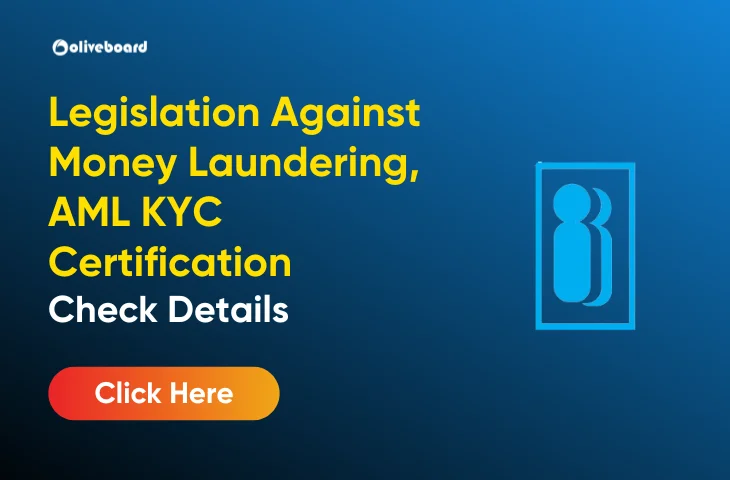
- IIBF AML KYC Exam Date 2025, Check Schedule
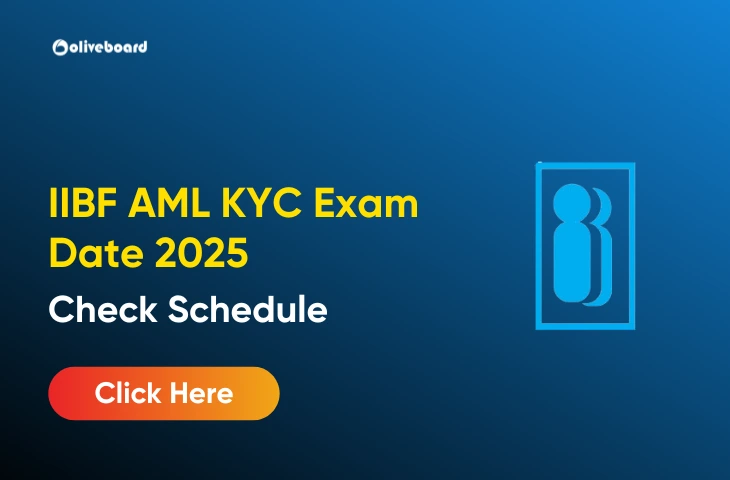
- IIBF AML KYC Certification, Check Complete Details and Benefits
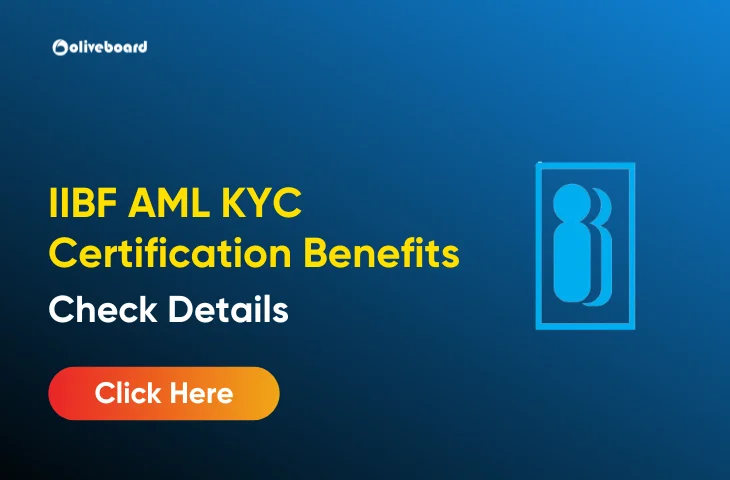
- IIBF AML KYC Syllabus 2025, Check Exam Pattern
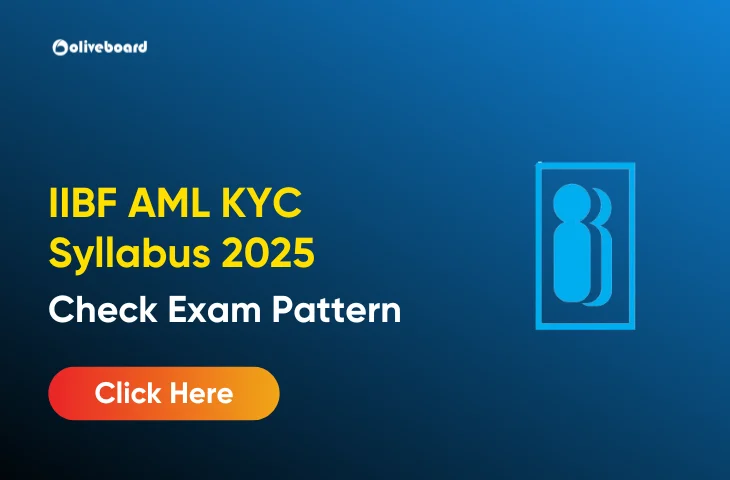
- Basel Committee, AML KYC Certification Course
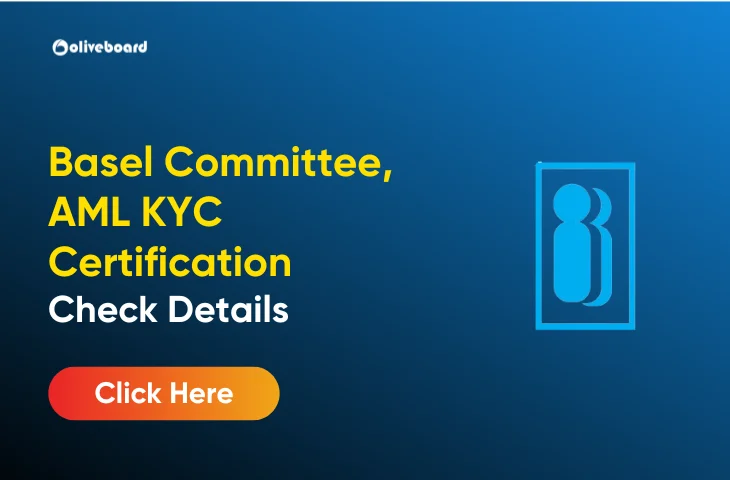
- International Cooperation of Money Laundering, KYC AML
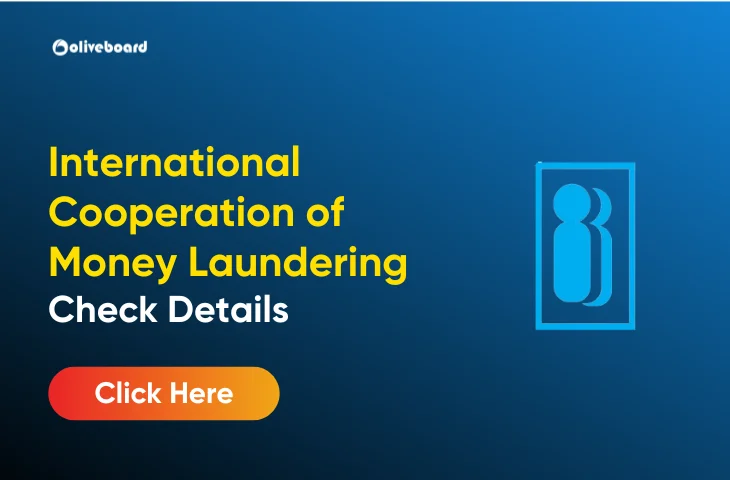

Hello there! I’m a dedicated Government Job aspirant turned passionate writer & content marketer. My blogs are a one-stop destination for accurate and comprehensive information on exams like Regulatory Bodies, Banking, SSC, State PSCs, and more. I’m on a mission to provide you with all the details you need, conveniently in one place. When I’m not writing and marketing, you’ll find me happily experimenting in the kitchen, cooking up delightful treats. Join me on this journey of knowledge and flavors!
